Keywords: Family Violence
There are more than 200 results, only the first 200 are displayed here.
-
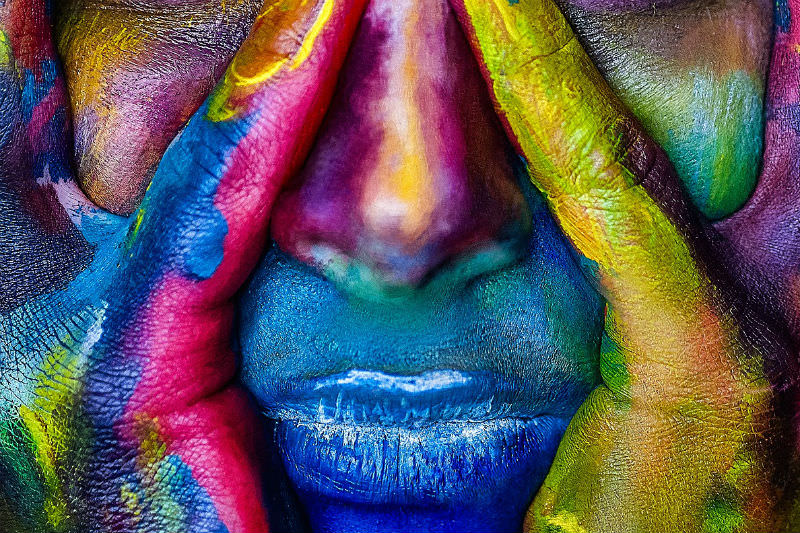
AUSTRALIA
- Amy Thunig
- 10 August 2018
4 Comments
As a society we are exposed to more information on how to remove body hair, and minimise wrinkles, than how to identify a toxic or abusive relationship, or how to counter discrimination. My safety, worth, opportunities, and rights should not be determined by the body I was born into.
READ MORE 
-
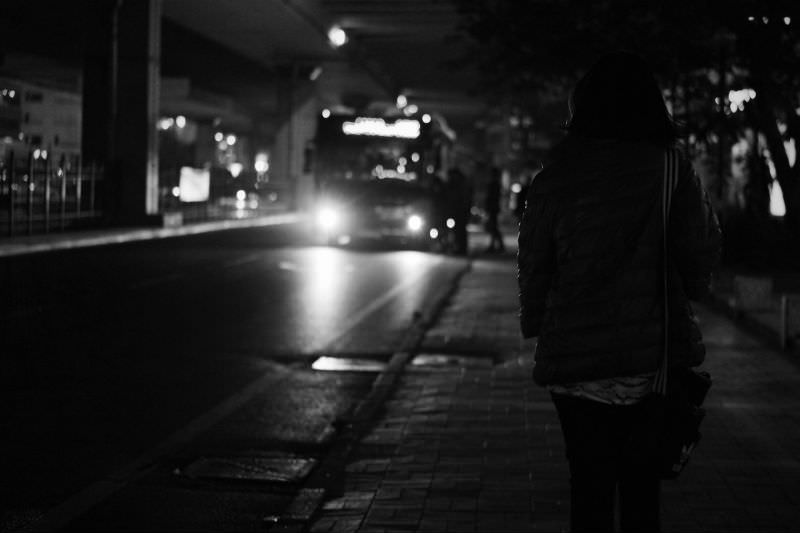
AUSTRALIA
- Neve Mahoney
- 08 August 2018
5 Comments
It's 11.30 on a weeknight. I'm on the train, coming home from catching up with my friends. I'm on the phone with one of them as I move to the doors. 'Yeah, I'm right to walk home,' I tell my worried friend. 'The train's pulling up the station now.' I said that too loudly. I glance behind me and there are two men standing there.
READ MORE 
-

INTERNATIONAL
- Ann Deslandes
- 25 July 2018
6 Comments
In the 1980s, the international solidarity movement for Nicaragua had thousands of supporters, including many in Australia. The nation was undergoing severe repression at the hands of dictator Anastasio Somoza. Fast-forward 30 years and a Nicaraguan rebel movement is again calling for international solidarity.
READ MORE 
-
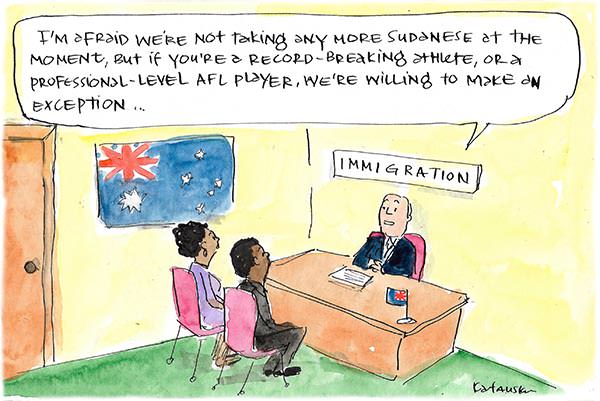
AUSTRALIA
- Rachel Woodlock
- 24 July 2018
18 Comments
Either they are flat-out wrong, unable to read crime reports or understand what the police and other agencies are telling them (which leaves in question their ability to accurately and intelligently govern), or some apparatchik in the strategy back-rooms has decided it is a good way to garner votes with a 'tough-on-crime' campaign.
READ MORE 
-
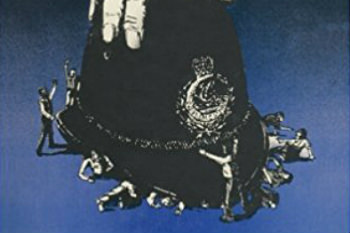
AUSTRALIA
- Celeste Liddle
- 17 July 2018
16 Comments
Through last week's Sunday Night report on Channel 7, we were treated to another round of fear mongering. Never mind that just last year police admitted that the so-called 'Apex Gang' did not exist. As an Aboriginal woman, I'm tired of being told by politicians and newspapers which other people of colour I'm supposed to scared of.
READ MORE 
-
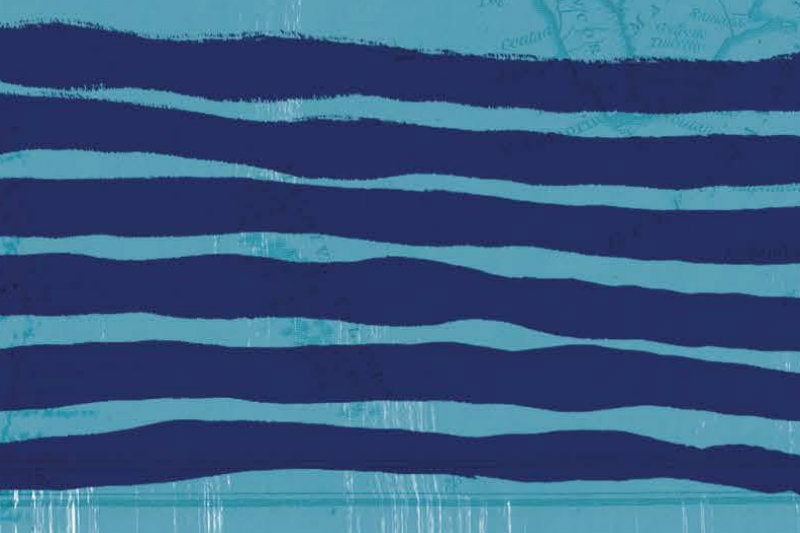
ARTS AND CULTURE
- Tim Kroenert
- 11 July 2018
'In the Beginning Was the Word' opens with Angelina D'Costa, 'five years to the day after she stopped being a Catholic', entering a church, determined to confront a popular priest who is known to have covered up for another priest who abused children; only to be moved to submission by the familiar beauty of the Mass.
READ MORE 
-

AUSTRALIA
- Celeste Liddle
- 25 June 2018
24 Comments
How many more times are we going to see people get away with murder because police fail to value the lives and liberties of Aboriginal women enough to ensure they do their jobs? Will everyday Australians ever care enough to pressure these systems for justice for Aboriginal women?
READ MORE 
-
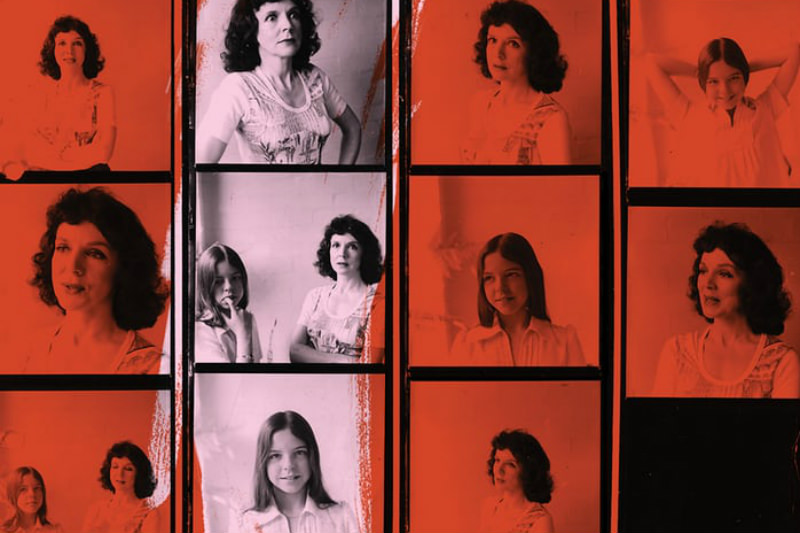
ARTS AND CULTURE
Using memoir as a kind of litmus, Atkinson challenges the myth that traumatic events are socially 'out of character' and asks us to look at how by its very nature, patriarchy demands the abuse of its most vulnerable citizens.
READ MORE 
-
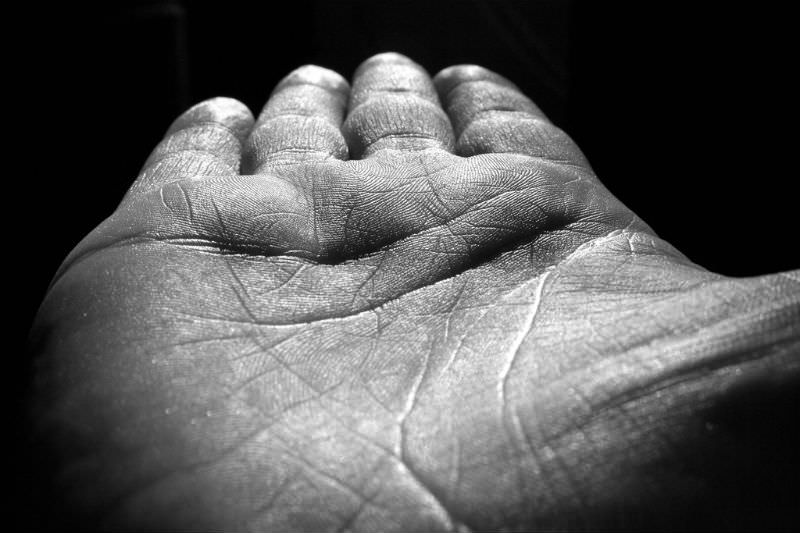
AUSTRALIA
- Barry Gittins
- 19 June 2018
4 Comments
If you are inclined to discount expert opinion from medicos, lawyers and criminologists, you could consider the evidence of your own eyes. Observe the body language around you if a parent hits their kid in public. A hush descends and tension increases. Post-Royal Commission, violence against kids is more and more on the nose.
READ MORE 
-
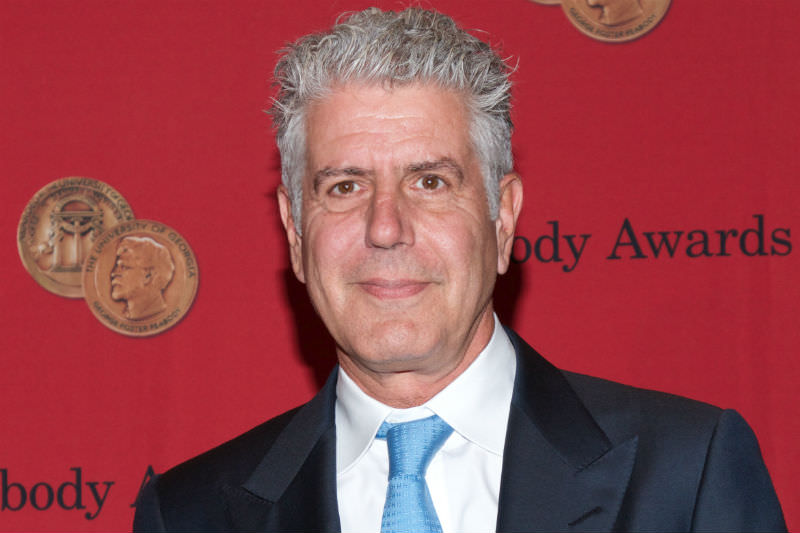
RELIGION
- Rachel Woodlock
- 15 June 2018
14 Comments
Amid the shock and grief for Anthony Bourdain's death, one blue-tick Twitterer attempted to capture five minutes of shameful fame, declaring that religious people believe hell or purgatory is his afterworld destination. While all the great religious traditions generally proscribe suicide, they also contain nuanced views of the suicide's fate.
READ MORE 
-
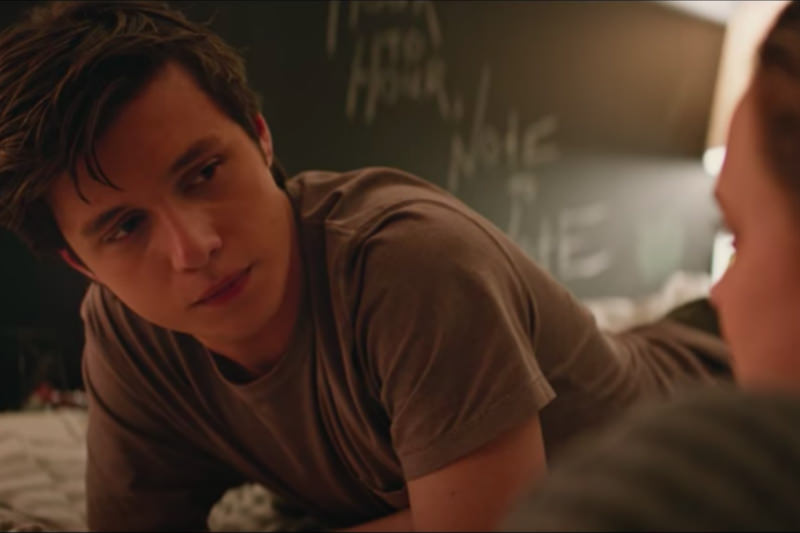
AUSTRALIA
- Neve Mahoney
- 13 June 2018
13 Comments
No LGBT+ person can be certain how someone else is going to react. When I came out, I felt like I was risking my relationships. Whenever someone who didn't know about my sexuality told me they loved or cared for me, I mentally added a 'but': 'But that might not be true after I tell you.'
READ MORE 
-
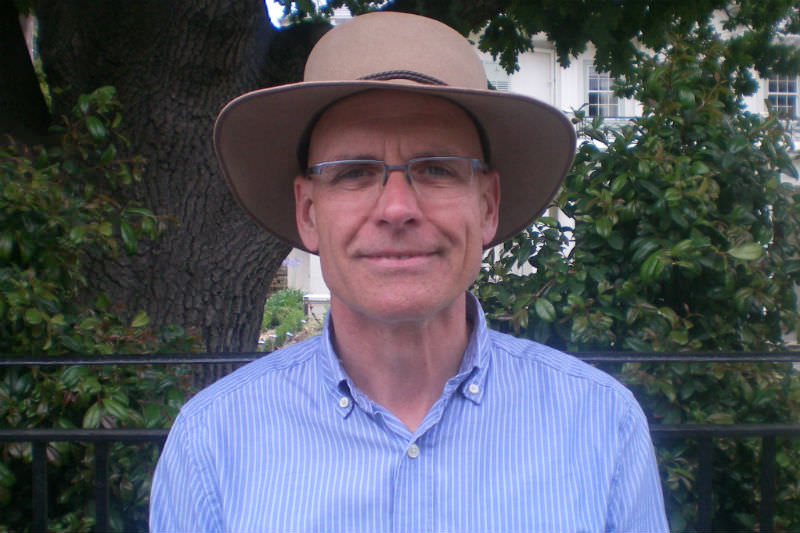
AUSTRALIA
- Yen-Rong Wong
- 05 June 2018
26 Comments
People have always had issues with my name. They don't pronounce it properly, or want to give me a nickname, or straight up make jokes out of it. I've lived a life of people telling me my name was too different, too hard. One afternoon at the office of my real estate agent, whiteness once again wanted to erase my name.
READ MORE 